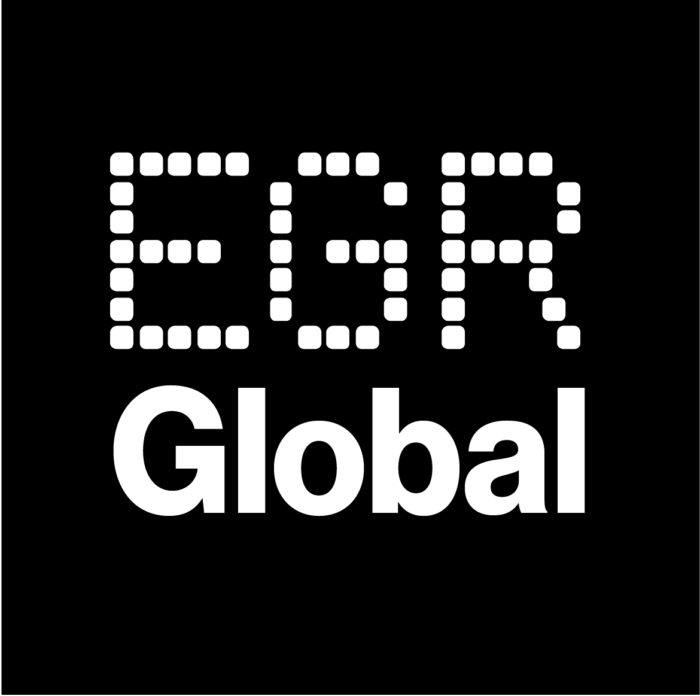
Industry predictions for 2025: New demographics in lottery and Brazilian struggles
ZEAL Network CEO Helmut Becker and Coolbet president Endre Nesset offer their expectations for change across the sector in 2025

Helmut Becker, ZEAL Network CEO

New customers to engage with the lottery
With digital customer experiences taking centre stage in our lives, traditional lotteries are facing increasing pressure to retain people’s share of mind.
The rise of instant win games and digital scratchcards suggests that younger and more digital-savvy audiences prefer instant gratification, which will be a key element for lotteries to not grow out of touch with their customers of tomorrow.
We also see evidence that annuity-based offerings such as our own charity lottery, Freiheit+, are well-received by digital natives who want to dream of an easy life and do good at the same time.
To appeal to these new, younger and often more female target groups, we have added a second charity lottery product to our portfolio and launched Traumhausverlosung (Dream House Raffle) over the summer into the German market. The concept is to raffle off an existing property and the results are stunning.
We appear to have struck a nerve in the market, including many customers who have not played the lottery before. We will continue tailoring our product offerings to current market needs.
Sweepstakes and social casinos on the rise
New, innovative products are also being added to the lottery market in other areas to appeal to younger target groups.
Sweepstakes offerings, for example, are increasingly pushing the boundaries of how to bring gambling products to gambling-savvy people without the burden of licensing, and Telegram casinos are targeting social media-savvy audiences to anchor gambling where people spend the most time.
Such trends naturally raise questions and concerns as they can bring unregulated providers onto the scene. Our strategy is to observe such trends and check if we can integrate these product ideas into our portfolio.
In any case, we will stay committed to our high compliance standards as a regulated and licensed provider.
More regulation on the horizon
Lawmakers from all corners of the world are introducing new regulations, and enhancing existing ones, to tap into the gambling industry’s potential tax revenue pool.
For example, the Brazilian market that is giving much of the industry high hopes for new success stories, the ongoing advancement of the US federal states’ development, or the United Arab Emirates’ recent decision to learn how our industry not only drives direct tax revenue, but also stimulates tourism when combined with resorts and hospitality offerings.
We hope that the officials in charge will be able to strike a careful balance between opening their markets and ensuring that the resulting market dynamics do not accidentally favour illegal players over licensed players.
As a regulated operator in both the German lottery and igaming spaces, we are proud to work closely with the regulators and sincerely hope that future improvements to our regulations will help to weed out the black sheep that currently exist in our markets.
Endre Nesset, Coolbet president

Crypto: Reshaping the landscape
Cryptocurrency has been a hot topic for years, but its momentum has reached new heights with recent price surges. Alongside this growth, there’s a noticeable influx of AI-generated crypto content being pushed across various platforms with the simple goal of quick wins.
Quick wins are not always the answer and I believe success will favour operators that approach this space with strategic depth, long-term vision and proper execution.
What about sportsbook?
The quest for higher margins in sportsbooks will persist. Double-digit margins have become the norm, and we’ll continue to see high-margin products like bet builders, various boosts and other innovative offerings.
Esports, in particular, appears to be on an upward trajectory after being a “bubble-sport” for a few years and could solidify itself as a top five sport by the end of 2025. However, simplifying the official rights landscape will be critical for lowering barriers to entry and fostering broader adoption among operators.
Speaking of rights, the era of high, fixed licensing fees may be nearing its end. As consumer habits around sports consumption evolve, major streaming platforms such as Netflix, Amazon and YouTube are beginning to enter the space with greater investments. With their involvement, the requirement for low-latency data and streaming may start to disappear.
Survival of the fittest in Brazil
The competitive landscape in Brazil will be exceptionally challenging. Sponsorship costs are soaring, and the overall expenditure in this market over the next few years is poised to reach unprecedented levels. Companies without substantial financial resources may find it difficult to compete effectively on a long-term basis.
The risk-versus-reward equation remains uncertain, with questions around channelisation and regulatory frameworks yet to be fully addressed.